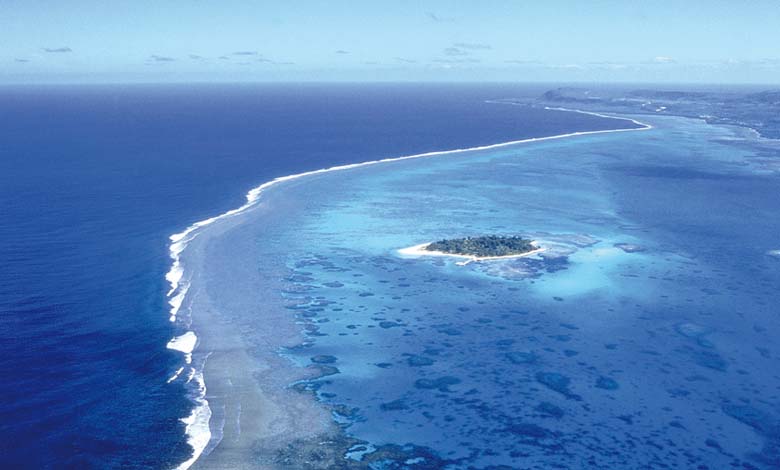The “Ocean Acidification” Crisis Threatens Earth’s Habitability

As ocean acidification increases, the planet is “inevitably” approaching a new warning threshold that will impact Earth’s stability, resilience, and habitability, according to a report by the Potsdam Institute for Climate Impact Research, published by Agence France-Presse (AFP).
-
How does climate change affect the acidity of the Southern Ocean?
-
More than a year after its wreck… Design flaw discovered in the Titan
Fifteen years ago, scientists identified nine “planetary boundaries,” which are physical thresholds humanity must not cross if it wants to remain in a “safe” zone.
Due to human activities, six of these thresholds have been exceeded in recent years. According to a new report released on Monday, the crossing of the seventh threshold—ocean acidification—is expected “in the near future.”
-
Sailing in the Mediterranean “More Dangerous” Due to Global Warming
-
600-year-old coral reefs reveal climate secrets
The six widely surpassed boundaries relate to climate change, deforestation, biodiversity loss, the quantity of synthetic chemicals (including plastics), freshwater scarcity, and the imbalance in the nitrogen cycle (agricultural inputs). The situation continues to worsen in these areas, according to the evaluation of the planet’s health, which will now be updated annually.
What is ocean acidification?
Ocean acidification is linked to the absorption of carbon dioxide by the oceans. As emissions of this greenhouse gas continue to increase, the pH of seawater decreases, making it harmful to many living organisms (such as coral reefs, shells, and plankton). Ultimately, this affects the entire marine food chain, a phenomenon that also reduces the oceans’ ability to absorb carbon dioxide.
-
“The Longest Journey”: A turtle takes 31 years to return to its starting point
-
“Unprecedented” Heat in Antarctica Rises by 10 Degrees Celsius
Boris Sakschosky, one of the lead authors of the planetary health assessment, explained: “Even if emissions are quickly reduced, a certain level of ongoing acidification is unavoidable due to the carbon dioxide already emitted and the ocean system’s response time.”
This researcher at the Potsdam Institute added: “Therefore, crossing the threshold for ocean acidification seems inevitable in the coming years.”
-
7 “Amazing” facts about the Maldives
-
“Climate Change” Affects the Intensity of Rainfall and Hurricanes
Among the remaining boundaries still below the warning threshold is the ozone layer, which has been recovering since harmful substances were banned in 1987. However, the report notes that this recovery will take a few more decades.
Finally, a ninth element, the concentration of fine particles in the atmosphere, is approaching the warning threshold, though it shows signs of improvement thanks to measures taken in some countries to improve air quality. However, researchers warn of the risk of deterioration in rapidly industrializing countries.
As more boundaries are crossed, the “risk of permanently undermining Earth’s life-support functions” increases, with the potential to reach irreversible tipping points, the researchers warn.
Since these nine environmental processes are interconnected, “addressing one requires addressing them all,” the report emphasizes, underscoring the need for a “holistic approach” that could present “an opportunity for sustainable progress.”












